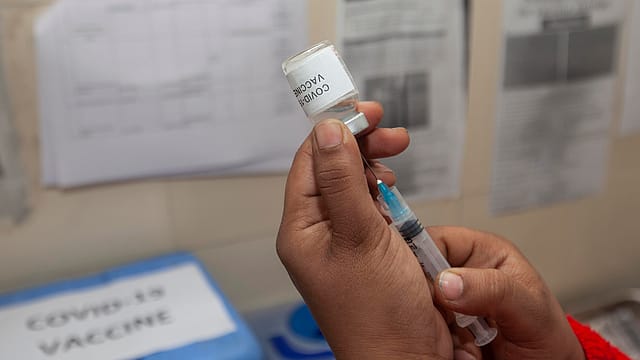Post-Covid medical complications on the rise in India
ADVERTISEMENT

Are medical complications on the rise post-Covid in India? A recent nationwide online survey on 32,000 people suggests that 51% of the respondents have seen at least one of their close associates - family, friends, neighbours, colleagues, etc. – experiencing heart or brain stroke, blood clots, neurological complications, cancer acceleration or other sudden medical conditions in the last two years.
The survey, carried out by community social media platform LocalCircles, also indicates that only 28% of the respondents saw their close contacts develop such severe medical conditions without having an instance of Covid-19 infection.
While 62% of the respondents said people in their close network experiencing such severe conditions were double-vaccinated, 11% said were administered only single dose of Covid vaccine. Only 8% of the respondents said the people known to them who developed medical complications during the last two years were unvaccinated.
Of the total respondents, 63% indicated that during the first year there were "No one, thankfully", but by the second year, the number of this group dropped to 40%. In the category of those who knew of 5-10 individuals with sudden medical complications, the percentage rose from 4% in late 2021 to 11% in late 2022. Similarly, those who indicated knowing 2-4 individuals with sudden severe ailments or complications, the percentage rose from 12% to 23% from late 2021 to late 2022 and in the category of people knowing 1 individual with such severe conditions, it rose from 15% to 17% in 2022, LocalCircle survey findings say.
Among the respondents, 22% said that their close contacts had COVID in the 1st wave during alpha or beta variants (March 2020-Feb 2021) while 11% indicated "their close contacts had COVID in the second wave during delta variant (March 2021- October 2021). Another 22% indicated their close contacts had COVID in the third wave or during the Omicron variant (November 2021- October 2022). Only 6% respondents said the patients they knew had COVID multiple times during all three waves.
The responses were received from 357 districts of India. While 67% respondents were men, 47% were from tier 1 cities, and 33% from tier 2 cities.